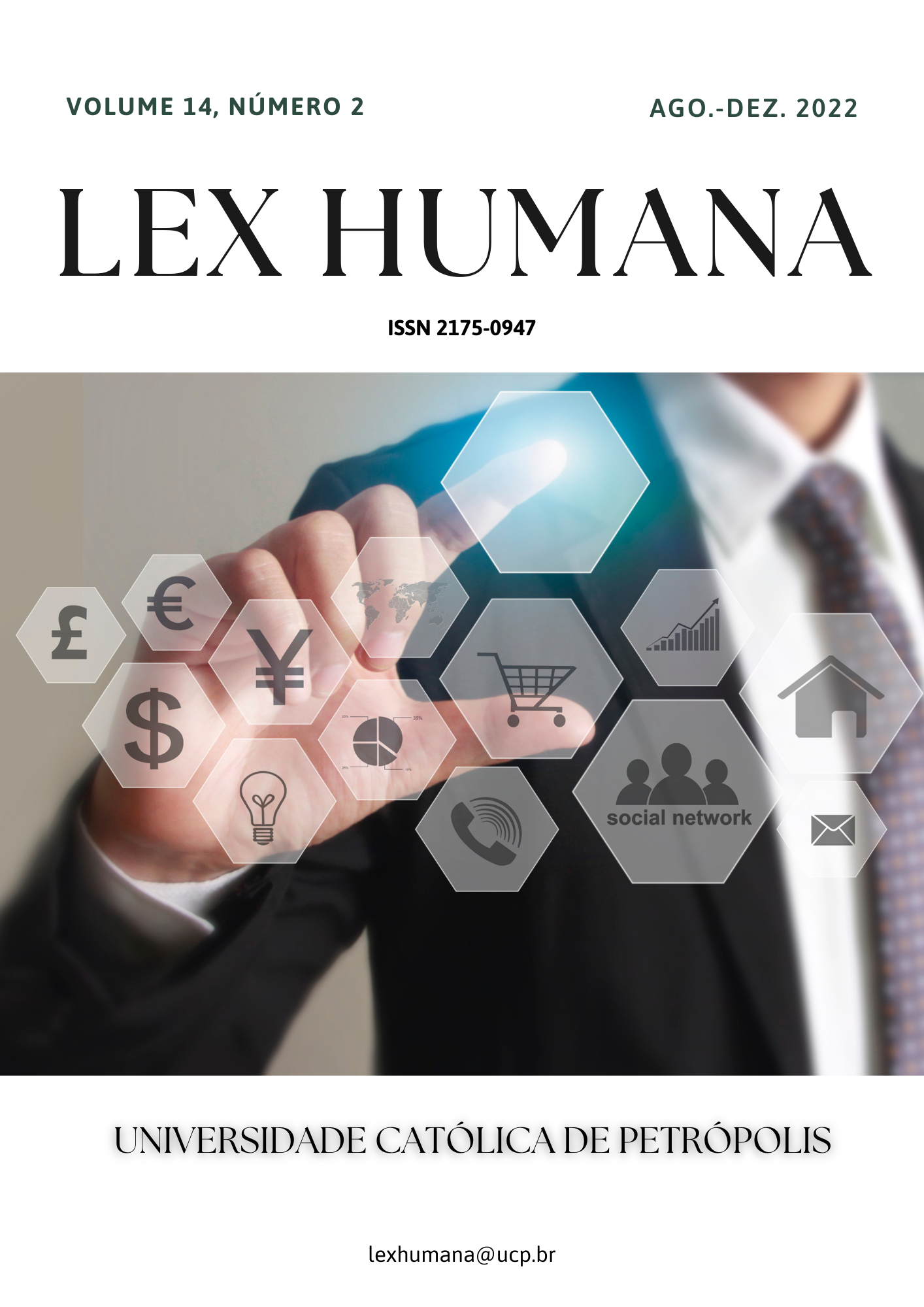Abstract
The purpose of the study is to investigate the participation of society in the process of constitutional law-making and comprehension of this phenomenon in the modern science of law. The authors used a group of methods to achieve the goal of the study. These methods included classical general scientific methods (dialectical, formal-logical, analysis, synthesis, comparative) and private-scientific method of categorical analysis. Different approaches to the definition of the essence and types of constitutional law-making are disclosed and analyzed. The article expresses the opinion that the scope of the category of “constitutional law-making” is artificially narrowed. Authors examined the correspondence of the popular conception of law-making in general and the conception of constitutional law-making in particular to the objectives of creating a harmonious system of law. New approaches to the definition of the essence of constitutional law-making are formulated and the conclusion about the need for modernization of the concept of constitutional law-making is made. The authors suggest that the analysis of the content of constitutional-legal phenomena requires the use of different methodologies.
References
Bezrukov, A.V. (2015). Konstitutsionnoe pravo Rossii: uchebnoe posobie [Constitutional law of Russia: textbook]. Moscow: Iustitsinform.
Ebzeev, B.S. (2009). Kommentarii k Konstitutsii Rossiiskoi Federatsii [Commentary on the Constitution of the Russian Federation]. Moscow.
Makushin, A.A. (2017). Filosofiia prava: ot obychaia k konstitutsionnym zakonomernostiam: uchebnoe posobie [Philosophy of law: from customs to constitutional laws: textbook]. Saint Petersburg: St. Petersburg Institute (branch) of the All-Russian State University of Justice.
Maltsev, G.V. (1977). Sotsialnaia spravedlivost i parvo [Social justice and law]. Moscow: Mysl.
Maltsev, G.V. (2007). Sotsialnye osnovaniia prava [Social foundations of law]. Moscow.
Nosov, S.I. (2014). Konstitutsionnoe pravo Rossiiskoi Federatsii: uchebnik dlia studentov, obuchaiushchikhsia po napravleniiu podgotovki "IUrisprudentsiia" (kvalifikatsiia “bakalavr”) [Constitutional law of the Russian Federation: textbook for students studying in the field of “Jurisprudence” (Bachelor’s degree)]. Moscow: Statut.
Plakhov, V.D. (2011). Norma i otklonenie v obshchestve. Filosofsko-teoreticheskoe vvedenie v sotsialnuiu etologiiu [Norm and deviance in society. A philosophical and theoretical introduction to social ethology]. Saint Petersburg: Izd-vo Iuridicheskogo instituta.
Poliakov, A.V. (2006). Postklassicheskoe pravovedenie i ideia kommunikatsii [Postclassical jurisprudence and the idea of communication]. Pravovedenie. Number 2, 29.
Smirnov, D., Tereshchenko, E., Botasheva, L., Trofimov, M., Melnikova, V., & Dolgopolov, K. (2020). Digital jurisprudence. Revista Inclusiones. Volume 7. Number 1, 273-283.
Smirnov, D.A., Zhukov, A.P., Aparina, O.Y., Lauta, O.N., & Zakalyapin, D.V. (2019). Use of the Transformational Leadership Model in Police Management. Amazonia Investiga. Volume 8. Number 20, 236-241.
Solovev, V.S. (2012). Opravdanie dobra [The Justification of the Good]. Moscow: Institut russkoi tsivilizatsii, Algoritm.
Tsapko, M.I., Gontarenko, A.S., Gryaznov, D.G., Reshetnikova, I.V., & Shcherbakova, O.V. (2017). Elections and referendums in the constituent entities of the Russian Federation: Current issues and areas for improvement. Man in India. Volume 97, 485-493.
Zorkin, V.D. (October 9, 2018). Bukva i dukh Konstitutsii [The word and the spirit of the Constitution]. Rossiiskaia gazeta.

This work is licensed under a Creative Commons Attribution-NonCommercial-NoDerivatives 4.0 International License.
Copyright (c) 2022 Lex Humana (ISSN 2175-0947)

